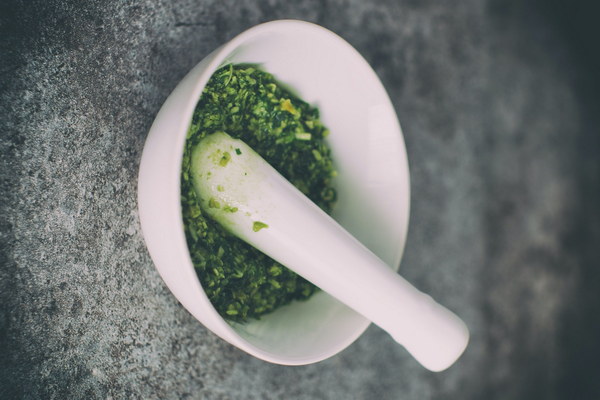How Healthy Pork Can Foster a Healthy Stomach A Nutritious Guide to Gastrointestinal Wellbeing
Introduction:
In the quest for a healthy lifestyle, maintaining a balanced diet is crucial. Among the various food choices available, pork, when sourced from healthy sources, can be a beneficial addition to your diet, especially for fostering gastrointestinal health. This article delves into the ways in which healthy pork can contribute to a healthy stomach and provides tips on how to incorporate this nutritious meat into your diet effectively.
1. Nutritional Benefits of Healthy Pork:
Pork, when sourced from healthy animals, is a rich source of essential nutrients that can support gastrointestinal health. Some of the key nutrients include:
- High-quality protein: Essential for muscle repair and maintenance, protein also helps in the production of digestive enzymes.
- B vitamins: Pork is a good source of B vitamins, particularly niacin, vitamin B6, and vitamin B12. These vitamins play a vital role in converting food into energy and supporting the nervous system.
- Selenium: An antioxidant that protects cells from damage and supports immune system function.
- Zinc: Important for wound healing, immune system function, and DNA synthesis.
2. Choosing Healthy Pork:
To ensure that you're reaping the benefits of pork for your stomach health, it's essential to choose high-quality, healthy pork. Here are some tips for selecting the best pork:
- Opt for organic or pasture-raised pork: These sources are less likely to contain harmful antibiotics, hormones, and pesticides.
- Look for pork that comes from well-managed farms that prioritize animal welfare.
- Check the labels for any added preservatives, fillers, or artificial ingredients.
3. Cooking Methods:
The way you cook pork can also impact its health benefits and its effect on your stomach. Here are some cooking methods that can help preserve the nutritional value of pork:
- Grilling or broiling: These methods help to retain the natural flavors and nutrients of the meat while reducing the risk of adding excessive fat.
- Sautéing or stir-frying: Using minimal oil and cooking at high heat can help to preserve the nutrients and create a flavorful dish.
- Crockpot or slow cooker: These appliances allow you to cook pork at a lower temperature, which can help retain more of the beneficial nutrients.
4. Incorporating Healthy Pork into Your Diet:

Now that you know the benefits of healthy pork, it's time to start incorporating it into your diet. Here are some ideas for adding pork to your meals:
- Pork tenderloin: This lean cut can be grilled, roasted, or stir-fried with a variety of vegetables and herbs.
- Pork chops: Marinate the chops in a mixture of olive oil, lemon juice, garlic, and herbs before cooking.
- Pork belly: This cut can be slow-cooked to create a tender, flavorful dish. Consider using it in stews, braises, or as a filling for sandwiches.
- Ground pork: Mix it with lean ground turkey and whole grains for a hearty meatloaf or meatballs.
Conclusion:
Healthy pork can be a valuable addition to your diet, especially when it comes to fostering gastrointestinal health. By choosing high-quality pork, using appropriate cooking methods, and incorporating it into your meals in a variety of ways, you can enjoy the benefits of pork while promoting a healthy stomach. Remember to prioritize whole foods and balanced meals for optimal gastrointestinal well-being.









